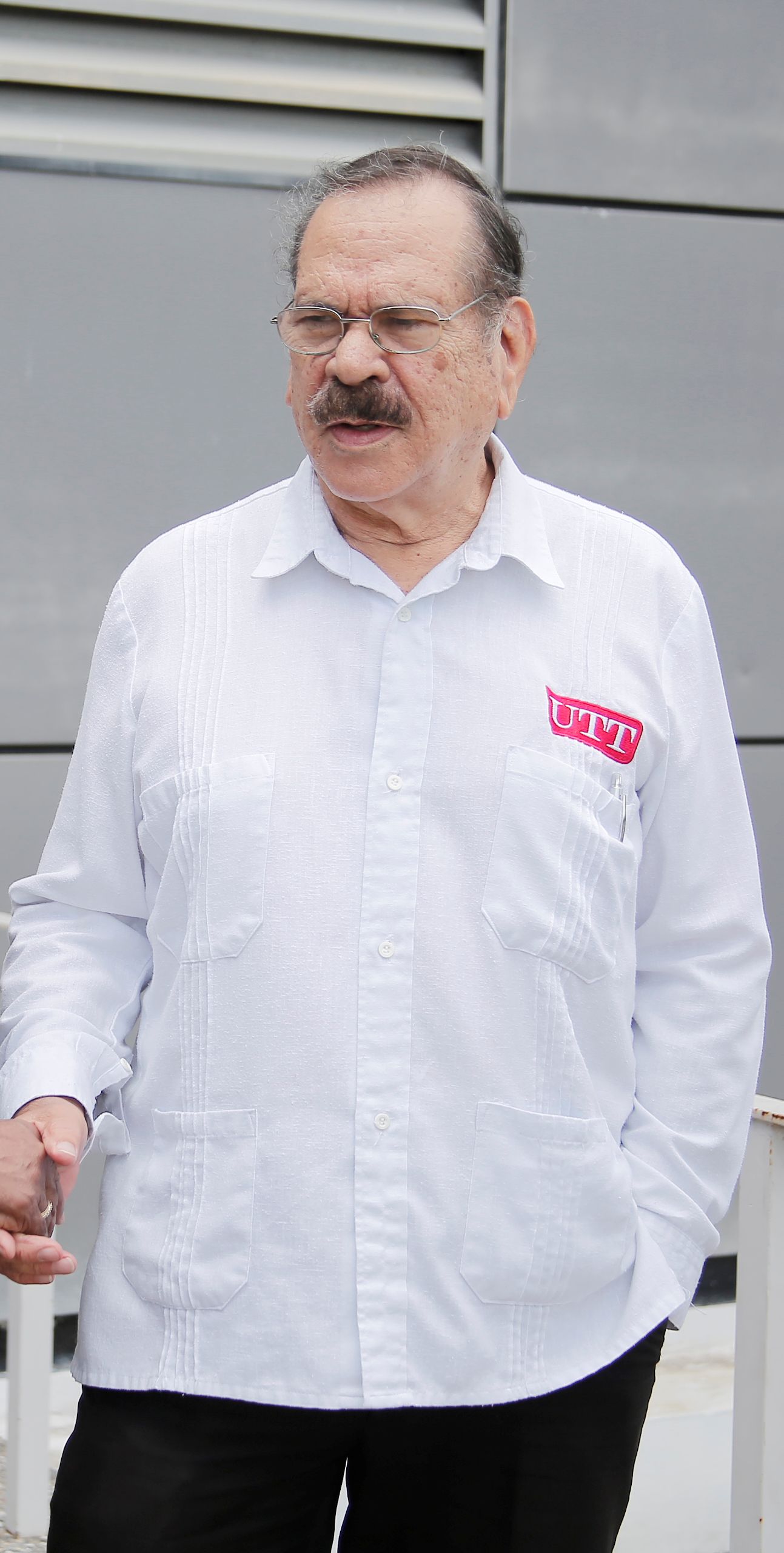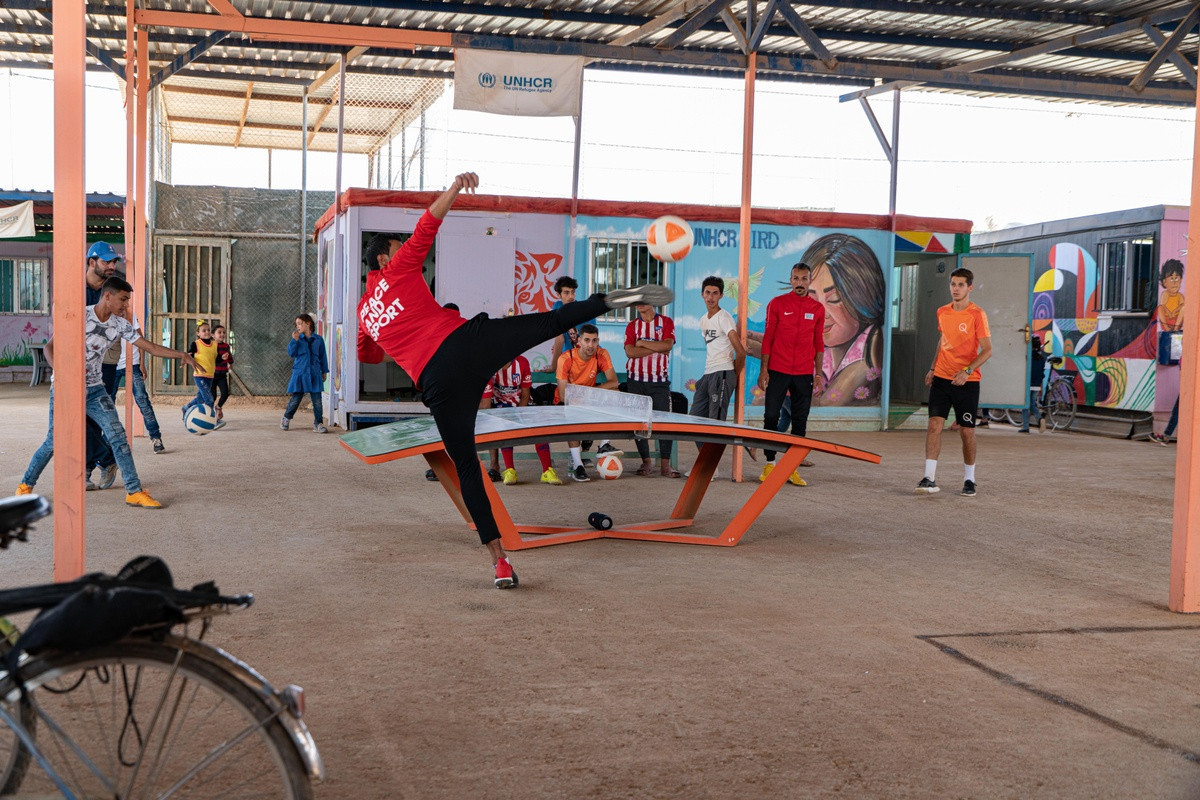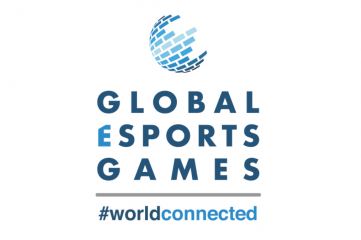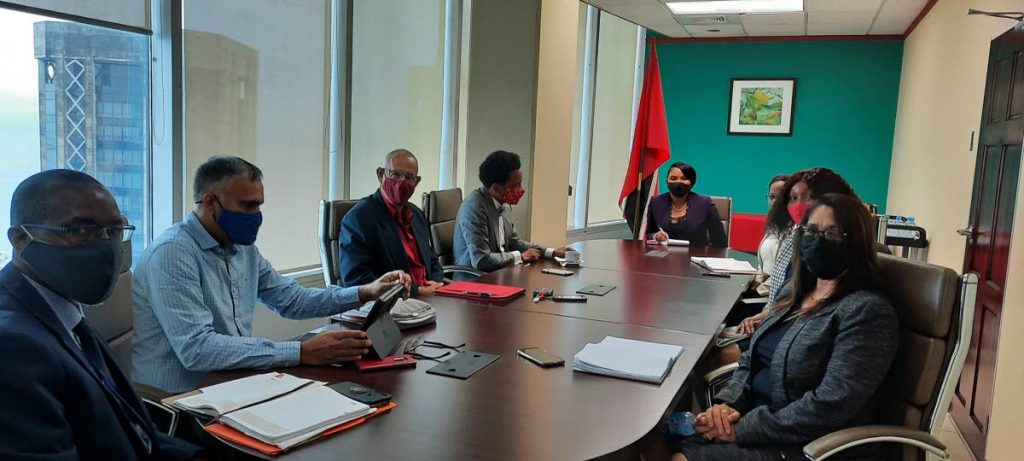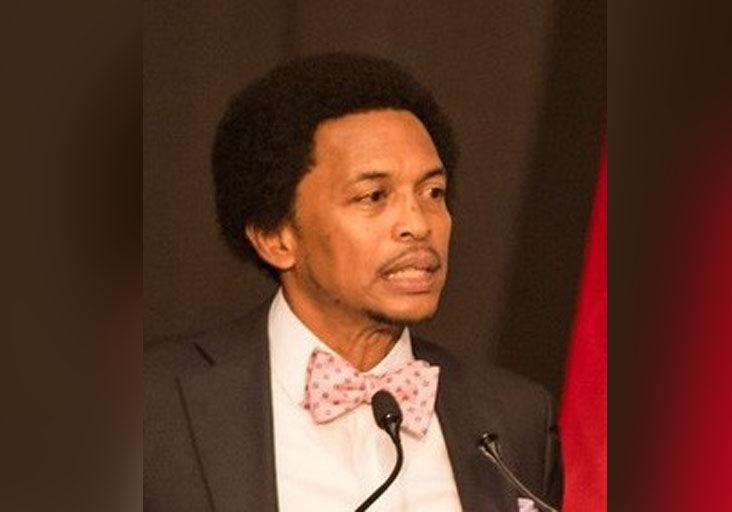The University of Trinidad and Tobago (UTT) which once enjoyed a financial surplus and recruited academia and consultants to bolster the university’s operations has now landed in the red, with staff having to pay the price, as hundreds have been sent home.
Records showed over a 20-month period UTT would have spent between $18 and $26 million to maintain 48 temporary academic staff on its payroll.
In addition, the university also paid exorbitant daily fees amounting to millions of dollars to seven contracted consultants to provide support in a number of areas.
Outside of the 55 recruits, UTT had to pay over 1,000 staff members plus non-staff costs.
Officials at UTT believe this wanton spending could have led the university to fall in a financial hole that they could not climb out of, forcing them to cut staff long before the COVID-19 pandemic crippled the economy.
In an interview with Guardian Media on Thursday, UTT’s newly appointed chairman Prof Clement Imbert admitted he had always advocated that UTT should not have hired additional staff, but when Prof Ken Julien came with suggestions, the board would agree.
In June, Julien was removed as UTT’s chairman following a restructuring of the board and replaced by Imbert.
The issue of the hirings was raised on June 26, 2017, in Parliament, when then Chaguanas East MP Fazal Karim asked then education minister Anthony Garcia under whose purview UTT fell, to provide a written response to a list of persons, their positions and remuneration UTT had retained as academic staff and consultants from October 2015 to date.
A copy of the written response provided by Parliament showed that UTT had retained 48 academic staff- three instructors 1, nine instructors II, 19 senior instructors, 11 assistant professors, two associate professors and four professors from October 2015 to May 2017 to “bolster the delivery of the institution’s academic programmes.”
The document revealed an instructor 1 received a salary between $12,000 to $15,000, an instructor II was paid between $15,000 to $18,000, a senior instructor’s salary fell within the bracket $18,000 to $28,000, an assistant professor collected between $22,000 to $32,000, the pay of an associate professor was between $24,000 to $34,000 while the numeration of a professor ranged between $35,000 to $45,0000.
During the 20 months the academic staff worked for the university, UTT paid between $18.8 million and $26.7 million.
The document also reported that UTT retained seven contracted consultants, some of whom received a “daily fee” of $3,000, $2,750 and $2,000 for a variety of services rendered to the university.
The names of the consultants were listed as David Bhajan, Lennard Prescod, Cedric Connor, Kenneth Butcher, Colin Stevenson, David Mc Gaw and Natasha David.
Bhajan who was assigned to cover matters relating to capital projects, maintenance and related operations worked from November 17, 2015 to May 17, 2016 at a daily fee of “$2,750 as required,” currently serves as UTT’s assistant vice president infrastructure and maintenance.
He also worked as UTT’s vice president of capital projects and institutional planning.
Prescod who served from November 17, 2015 to September 30, 2017 was paid a daily fee of “$2,750 as required” handling matters relating to governance and financial management systems.
Connor whose period of engagement was the same as Prescod dealt with matters relating to human resources and organisation development for a daily fee of $2,500 as required.
Retained from July 1 to December 31, 2016, Butcher was paid $3,000 a day to review sports programmes delivered by the Academy of Sport and Recreation.
Stevenson served from June 21 to 29 in 2016 and on August 11,15 and 22, 2016 at a daily rate of £350 to provide support to maritime programmes as well as “to interview instructors and meeting with UTT chairman in London.”
Mc Gaw received a daily fee of $2,000 as required for 12 days for assessment of the academic staff for current teaching programmes and identification of needs in the professorial ranks.
From November 16, 2015 to April 30 2016 David received a monthly fee of $18,000 while from May 1, 2016 to December 31, 2017 she collected $40,000 a month for “executive assistance in implementing and/or coordinating the discharge of responsibilities of the office of the chairman.”
In a bid to get more answers about the hirings, former UTT registrar Phillip Robinson submitted a Freedom of Information request on October 18, 2019 to UTT seeking:
1) request for proposals for the supply of consultancy services identified functions,
2) evidence of a transparent process to assess the independence/competence/suitability of each of the recommended consultants,
3) the endorsement by the Board of Governors (BOG) of the process for selection and recommendation.
Responding to the questions on January 8, 2020, UTT’s senior manager legal, Dayle Connelly wrote, “no request for proposals was issued by the university in respect of this particular consultancy services.”
The consultants, Connelly stated “were single-sourced on the basis of their knowledge and work experience in the related field and more so, their historical knowledge of the university” while “the engagement of the consultants was ratified by the BOG at its first meeting in December 2015.”
Earlier this month, Guardian Media reported exclusively that UTT was faced with a $57 million cash deficit for the fiscal year 2021, which could result in its 800 plus workers having to take a salary cut.
The news of the 16-year-old UTT’s financial troubles was documented in a letter sent to its acting president Prof Prakash Persad by financial controller Feona Lue Ping Wa informing him that the university had requested a budget allocation of $270 million prior to Finance Minister Colm Imbert delivering the 2021 fiscal package on October 5.
However, the university was only allocated $180 million which Lue Ping Wa stated, “cannot even meet payroll costs (salaries) much less non-payroll costs.”
Questioned if UTT has been mismanaging its funds and channelling its dwindling subventions into the multi-million dollar Tamana campus which is being built for the last 12 years, Imbert said the university got “very generous subventions” years ago.
“And they could not spend it. So UTT ended up with a huge surplus. But that surplus was for recurrent expenditure. And here you had a campus in Tamana languishing and could not be finished...and whatever, so, UTT asked for permission, quite rightly to transfer some of these recurrent savings to capital expenditure. And that is what happened.”
Pressed if this led to the financial downfall of UTT, Imbert replied “who is to anticipate that we would get smaller and smaller monies over the years? So here it had this chunk of money and we took about half of it ...not all of it.”
At that time, he said it was good to have savings.
“If we didn’t have those savings UTT would have been gone through three...four years ago. The savings have evaporated. It’s not a question of a downfall.”
He said when UTT began to expand its programmes they had to hire academic staff.
“The academic staff we have at UTT... they are overloaded. You just have to look at the numbers of how many courses these people are doing. So, if that happened in the past it certainly is not happening now.”
Did UTT bad spend money to hire consultants and additional academic staff?
“To attract top-level staff UTT paid good money. UTT had a lot of foreign staff because we just didn’t have the people in Trinidad and Tobago at the time,” Imbert said.
When hard times hit UTT, Imbert said they had to reduce staff and costs.
He said most universities in developing countries are financially supported 80 to 85 per cent by the State.
Many of the foreign workers, he said, have since been replaced by qualified local people.
But when asked how UTT arrived at paying such exorbitant daily fees, Imbert said there was a cap.
“We say a daily rate but you cannot get more than either $30,000 or $40,000 a month.”
He said the board placed a lot of faith in Julien.
“The chairman would come with suggestions and the board would agree. I have always advocated that we should not have all these people. Since taking over in June I told two of the consultants you’ll have been here for a long time…you used to work here, you can hand over very easily… two months just hand over for me.”
In September, Imbert said former Miss Universe Wendy Fitzwilliam’s contract came to an end.
Fitzwilliam, he said, helped with “outreach programmes” and had been assisting with “marketing of the fashion production facility” locally, regionally and internationally.
However, he said Fitzwilliam continues to work pro bono for the university.
“The only consultant we have there because that is the person who does work in the chairman’s office is Natasha David.”

